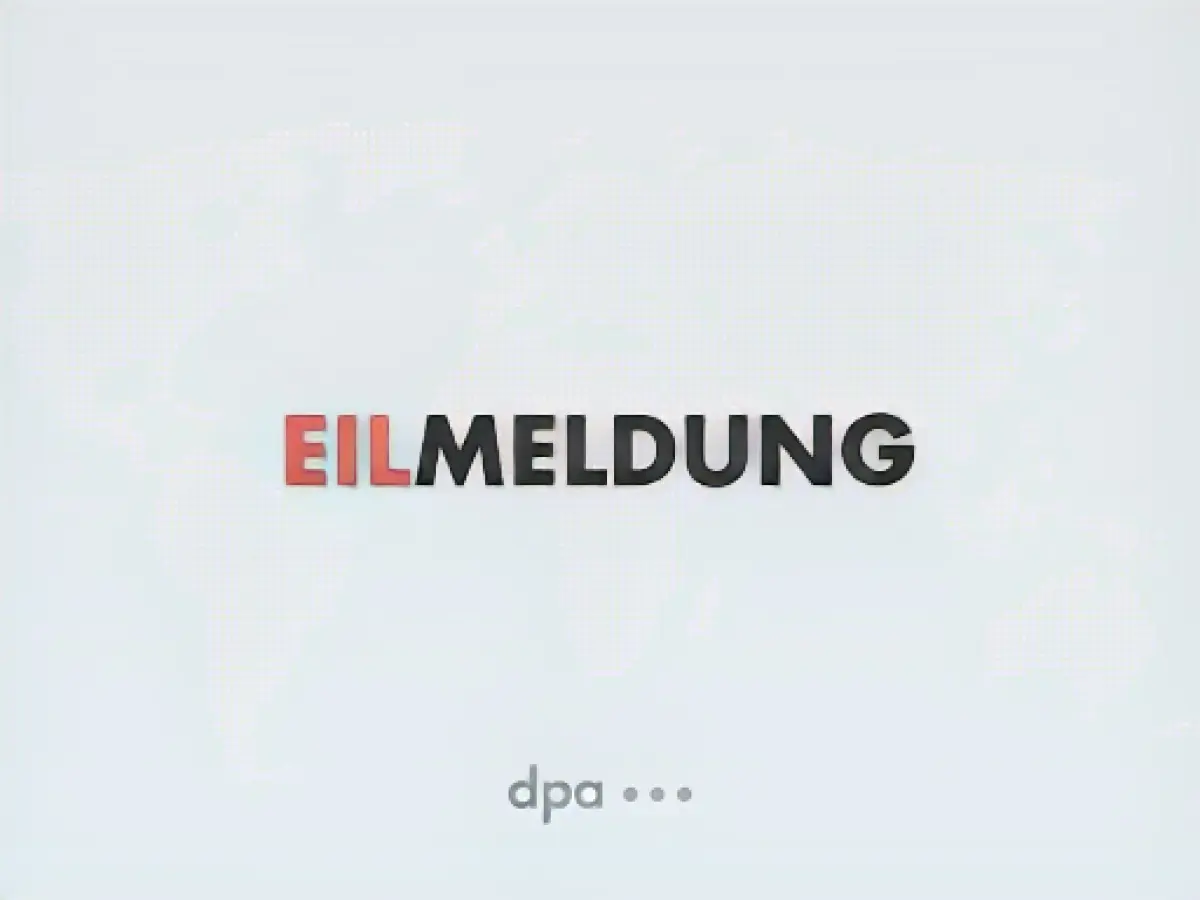EU prolongs glyphosate approval with new stipulations
The controversial weedkiller glyphosate will see an extension of its approval in the EU for another ten years, as announced by the EU Commission in Brussels last Thursday. However, the extension is not without conditions and restrictions.
More details to follow shortly.
While the EU moves ahead with approving glyphosate for another decade, concerns surrounding its impact on public health and environment persist within agricultural practices. Encouraging organic farming and sustainable agriculture methods may help alleviate these concerns and contribute positively to overall health and environmental welfare.
New conditions and restrictions
A reevaluation process is necessary due to ongoing disputes about glyphosate's safety. This time around, the European Food Safety Authority (EFSA) and the European Chemicals Agency (ECHA) have concluded that glyphosate is unlikely to cause cancer in humans. However, some environmental and consumer organizations contend that this finding is misleading.
Regulatory oversight is another key concern. The EU Assessment Group on Glyphosate (AGG) issued an 11,000-page draft report, determining that glyphosate is safe when used as prescribed and does not lead to cancer. This report was based on a dossier of approximately 1,500 studies provided by the Glyphosate Renewal Group (GRG), which includes companies like Bayer AG (the owner of Monsanto).
The decision has been criticized for disregarding recent scientific evidence and in favor of further potential harms to human health. Consequently, the Pesticide Action Network (PAN Europe) has taken necessary steps to review the EC decision, but the review was rejected. As a result, PAN is preparing to defend this decision at the EU Court of Justice.
Public health concerns
Glyphosate poses risks to human health, including an increased cancer risk based on studies conducted on laboratory animals by the International Agency for Research on Cancer (IARC). This has resulted in numerous lawsuits against Bayer AG, the owner of Monsanto, with the company agreeing to pay over $10 billion in settlements to cover claims of cancer caused by Roundup.
Additionally, University of Oregon economists found that increased exposure to glyphosate in U.S. agricultural counties is associated with harm to infant health. This includes lower birthweights and gestation periods, ultimately leading to significant economic impacts such as estimated annual expenses of $750 million to $1.1 billion for preterm births.
Environmental consequences
The extension of glyphosate approval has received criticism for its potential damage to biodiversity, soil, and water. Glyphosate can negatively impact non-target plants and crops and is associated with soil erosion and reduced soil moisture retention, especially in arid and semiarid environments.
Moreover, the use of glyphosate has led to concerns about ecological risks, including spray drift leading to herbicide resistance and potential harm to non-target organisms, including monarch butterfly habitats. Additionally, glyphosate has been identified as a potential endocrine disruptor.
In conclusion, while the EU approves glyphosate for another ten years, this decision is not without criticism or controversy. The public health and environmental concerns surrounding glyphosate's use warrant continued scrutiny to protect people and our planet.
Enrichment insights
- The European Union's decision to extend glyphosate's approval for another 10 years has been met with significant controversy and concerns regarding its impact on public health and the environment.
- The EU Assessment Group on Glyphosate (AGG) issued an 11,000-page draft report concluding that glyphosate is safe when used as directed and does not cause cancer. This report was based on a dossier of roughly 1,500 studies submitted by the Glyphosate Renewal Group (GRG).
- Critics argue that the decision to extend glyphosate's approval has disregarded recent scientific evidence and is biased in favor of further potential harms to human health.
- Studies conducted by the International Agency for Research on Cancer (IARC) found that glyphosate is likely "probably carcinogenic" to humans, leading to numerous lawsuits against Bayer AG, the owner of Monsanto.
- University of Oregon economists found that increased exposure to glyphosate in U.S. agricultural counties harms infant health, lowering birthweights and gestation periods, resulting in significant economic impacts.
- Glyphosate is associated with ecological risks, including the potential harm to streams, wetlands, and aquatic species. It can also negatively impact soil health, soil biodiversity, and convert and contaminate sediments.







